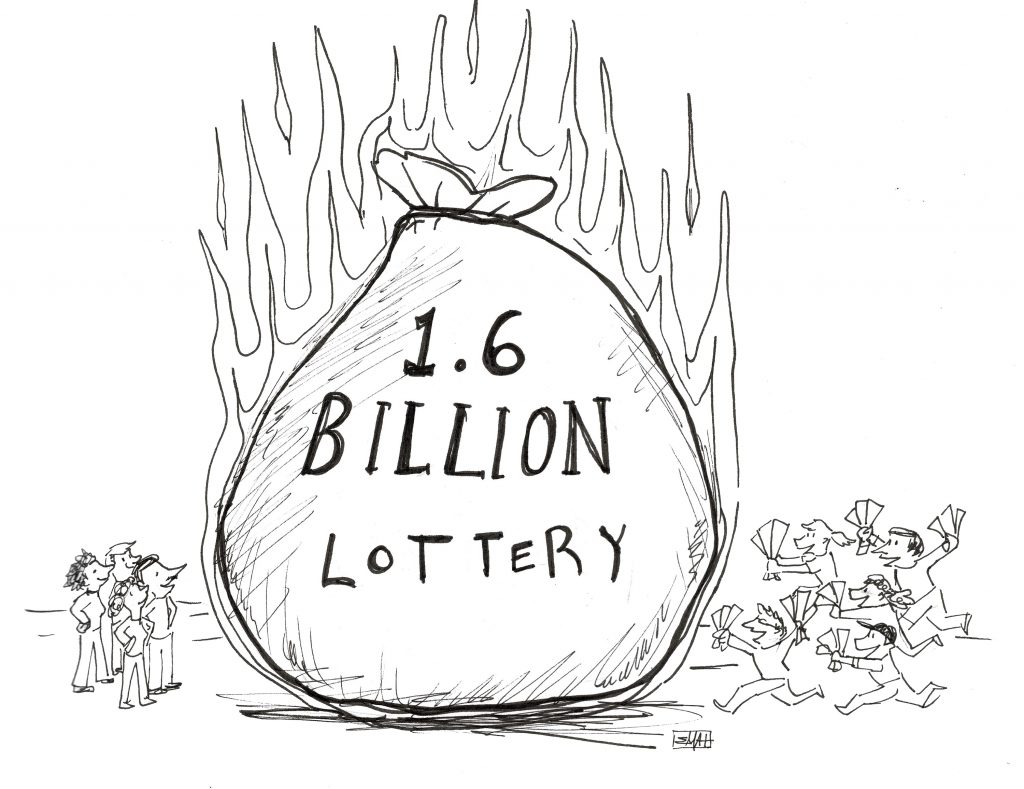
Simpsonville, South Carolina was met with a big surprise Oct. 24. A lucky small town resident received the news that they had been the sole recipient of the Mega Millions $1.5 billion dollar lottery prize. This came as a shock as it likely would for anyone. Just last week the prize was hovering around $900 million, but spiked after the word got around that the pool was larger than usual. There’s no doubt this mysterious person is beyond thrilled, and their life is likely changed forever for the better.
But that’s the the bright side of the story. That’s the image that is promoted and promised by large lotteries that prey upon the poor and uneducated people who participate in the lottery. These are the people who participate in the lottery by a large majority. For these people the money that they pour into the promise of riches they can only dream of achieving serves as a sort of regressive tax. That is to say that the price of a lottery ticket is a flat fee, meaning the value of that amount of money is more costly to someone with a lower income than it is for someone who is better off.
Lower income, often uneducated, families, are sometimes forced to gamble on odds that would be considered illegal by most gambling laws in the country for the chance at wealth that they desperately need, but have no other means to achieve for a variety of reasons. This leads to a system that preys upon those who are already struggling by misleading them and promising them something they will most likely never achieve.
On top of that, as much as 39.6 percent of earnings in lottery winnings can be taken by government taxes. Taxes are important and necessary for a government to run functionally, but regressive taxes are often unfair and abusive and lead to the poor paying a higher percent of their income than the wealthy. Then on top of that, the government is profiting off of what is construed as a choice, but it is really a last hope for many of the people who are participating.
You can argue that participating in the lottery comes down to the individual and that no one forces you to pay it, like they would a tax, but this is a system that is designed to specifically target and victimize lower income families to wager money on a negligible chance at achieving a life they deserve.

